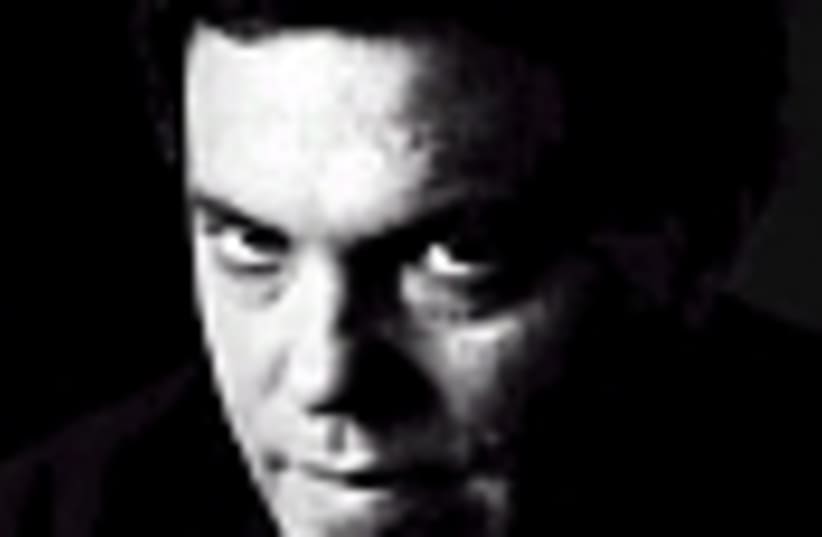| More about: | Jake Gyllenhaal, Kyle Smith, Amos Gitai, Federico Fellini |
Cine File
Gitai has won great acclaim worldwide, but in Israel his films tend to be given a much cooler reception.


| More about: | Jake Gyllenhaal, Kyle Smith, Amos Gitai, Federico Fellini |